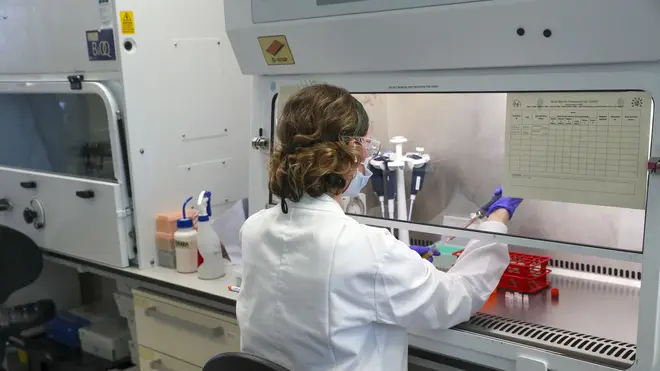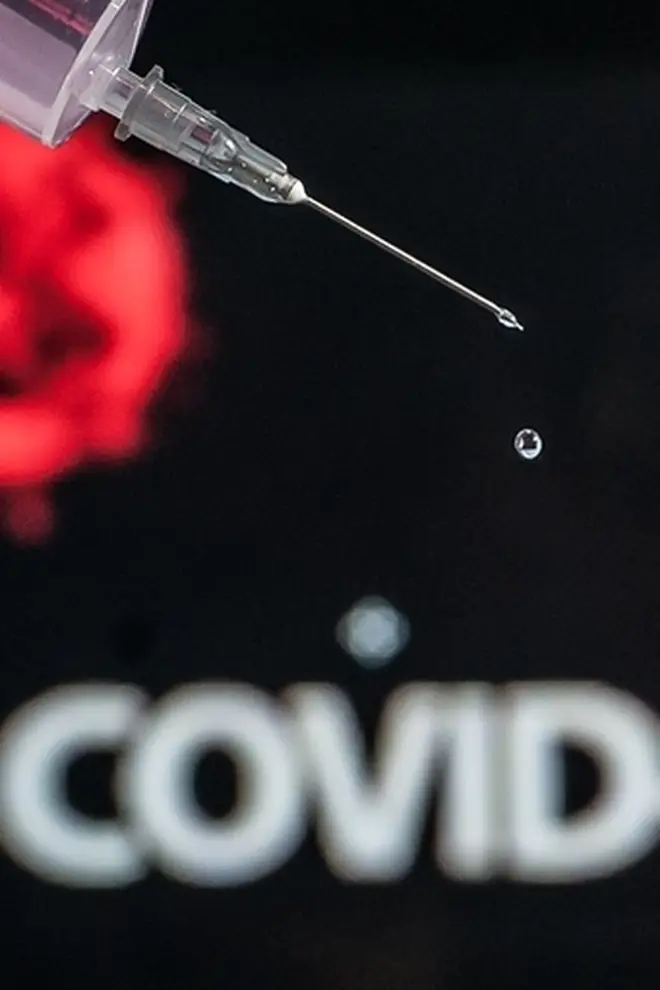Oxford coronavirus vaccine could provide 'double protection' after 'breakthrough' in human trials
16 July 2020, 10:36

Health Secretary Matt Hancock says Oxford vaccine for COVID19 probably won’t be ready by September
Scientists who have been working on a potential coronavirus vaccine have reportedly made progress in their trials.
British scientists working at the Oxford coronavirus vaccine trial reportedly believe the jab could potentially provide 'double protection' against Covid-19.
According to the Daily Telegraph, the Phase I trial of healthy adult volunteers - which began in April - has shown that the vaccine does generate an immune response, as blood samples has shown antibodies and "killer T-cells" are present in those on the trial.
Read more: Boris Johnson to 'ditch working from home guidance' and tell public to 'return to work'
The report states that this is promising as T-cells stay in circulation for years, whereas antibodies may fade away within months.

While the results are 'extremely promising', the report adds that we do not yet know whether the vaccine will provide long-lasting immunity.
A source told the publication: "I can tell you that we now know the Oxford vaccine covers both bases - it produces both a T cell and an antibody response.
Read more: How to use Face ID to unlock your phone while wearing a face mask
"It’s the combination of these two that will hopefully keep people safe.
"So far, so good. It’s an important moment. But we still have a long way to go."
Health Secretary Matt Hancock previously spoke about the potential for a vaccine while speaking on ITV's Peston on Wednesday evening.

He said: "We're all working towards the best case scenario, we're all giving AstraZeneca and the team at Oxford, and the Imperial vaccine, every possible support, we're working with the other potential vaccines around the world, in America, and Germany, and the Netherlands.
"We're working with them to ensure that if they come off first, that we'll get access to them here."But this is an inexact science and it's at risk."
NOW READ:
Captain Tom Moore to be knighted by the Queen on Friday at Windsor Castle


























